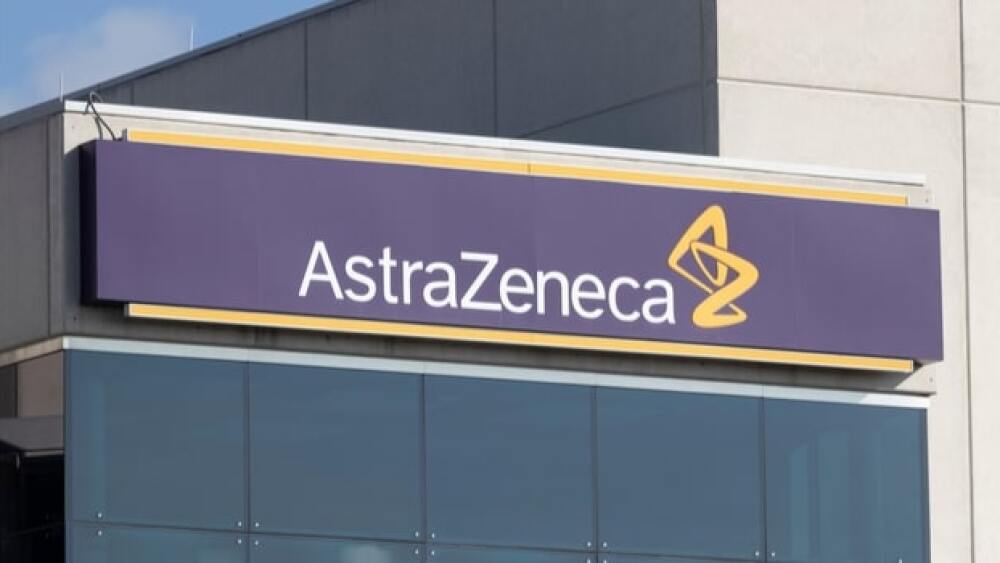RQ Biotechnology has officially launched, with the financial backing of AstraZeneca. The move strategically increases the availability of monoclonal antibodies at a time of ever-increasing demand.
Jonathan Weiss/Shutterstock
RQ Biotechnology has officially launched, with the financial backing of AstraZeneca’s deep pockets. The move strategically increases the availability of monoclonal antibodies (mAb)- at a time when the demand is ever increasing - in addition to giving AstraZeneca licensing rights to RQ’s bank of mAb intended for COVID-19 treatment. In the deal, RQ will receive up to $157 million in exchange for the licensing rights, in addition to royalty payments upon commercialization.
A report by Global Market Insights Inc. details that the market for mAb is skyrocketing. The industry could reach a valuation of $425 billion by 2028. This is attributed to an uptick in therapeutic applications research for the antibodies, as well as the emergence of COVID-19. COVID-19 infection can be treated with mAb in high-risk patients, according to an Emergency Use Authorization issued by the U.S. Food and Drug Administration. Research and development efforts are underway at dozens, if not hundreds of biopharmaceutical companies globally that are looking to join the gold rush. Potential applications for mAb include cancer, autoimmune diseases and asthma.
RQ will be propelled by a fortified executive roster as Co-founders Mike Westby, Paul Kellam and Jane Osbourn OBE will serve as key Scientific Advisors. The co-founders previously worked on the UK BIA Antibody Taskforce, a conglomeration of infectious disease experts with a focus on antibody-driven COVID-19 treatments.
Hugo Fry has been appointed chief executive officer. Fry previously served on the executive board of Sanofi and is chief commercial officer at Imbria. He commented on the company’s launch in today’s press release.
“Our vision is to build on our successful debut with neutralizing antibody therapy for SARS-CoV-2 and develop innovative medicines to address current and evolving unmet needs in other viral infectious diseases,” he said. “By combining our expertise and innovative excellence in core areas we have created a smarter approach to antibody generation making us uniquely positioned to deliver fast patient impact.”
RQ has additional financial supporters, including LifeArc Ventures, a philanthropic UK-based medical research organization. Clare Terlouw, head of LifeArc described the collaboration.
“LifeArc is committed to backing leading UK academics and scientists, and we were inspired to fund RQ Bio because of the exceptional group of founders who are so passionately dedicated to finding new treatments and preventative therapies in areas of high unmet patient need,” she said.
In summation, RQ is poised to emerge as an industry leader. The company’s goal expands beyond COVID-19, to all infectious diseases that have unmet medical needs.





